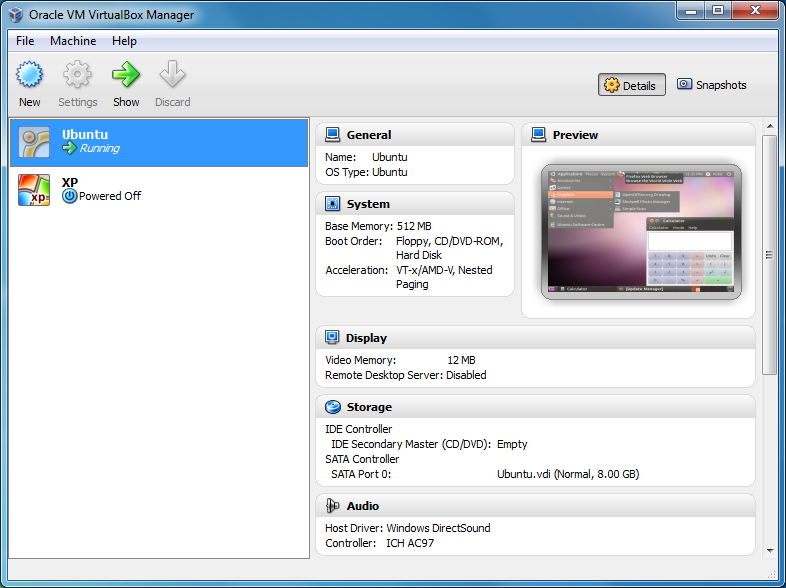This is mainly for my own reference, but here it goes.
VMware Fusion lets you run macOS, Windows, Linux and other x86-based operating systems as virtual machines. Nearly all programs that run on these operating systems will run with VMware Fusion. Programs can range from common productivity suites (such as Microsoft Office) to graphics-intensive programs such as AutoCAD or SolidWorks which require DirectX 11, as well as custom applications.
Mac Vm For Linux Vm
- There are plenty of reasons for having Ubuntu run on a Mac, including the ability to broaden your technology chops, learn about a different OS, and run one or more OS-specific apps. You may be a Linux developer and realize that the Mac is the best platform to use, or you may simply want to try out Ubuntu.
- BackSlash Linux is a relatively new and unknown entrant to the Linux distribution world. If looks are the most important thing for you, BackSlash Linux does a marvelous job of imitating the looks of macOS. It also provides icons similar to macOS. You can maybe even consider it a Linux clone of macOS.
1. Share a folder on the host OS
- In VirtualBox, click your OS on the left and click on Settings.
- Click on the Shared Folders tab.
- Click on the folder with the plus on the right.
- Browse to a folder of your choice in the folder path.
- Enter a folder name with no spaces e.g. “Share”.
- Check Auto-mount and Make Permanent, if available.
- Click on OK.
Linux On Mac Os


2. Mount the folder in the guest OS
Mac Os X Vm Download
- Create a folder in your guest OS that you want to share.
- Open up Terminal.
- Type in
idand press ENTER— remember that ID. - Switch to the
rootuser usingsudo suand enter your password. - Browse to the
etcfolder usingcd /etc. - Edit the
rc.localfile usingvi rc.local. - Move your cursor right above
exit 0and press the letter “i” on your keyboard to insert text. - Type in the following:
sudo mount -t vboxsf -o uid=1000,gid=1000 Share /home/username/Documents/Share- 1000 should match the ID you noted down earlier.
- Share should match the folder name from step 1.
- username should match your Linux username.
- /Documents/Share should be the absolute path of the new folder you created.
- Now hit “ESC”, type
:wqand hit ENTER to save and quit the file editing.

Mac Vm For Linux Mint
After you restart the guest OS, your shared folder will be automatically mounted.
